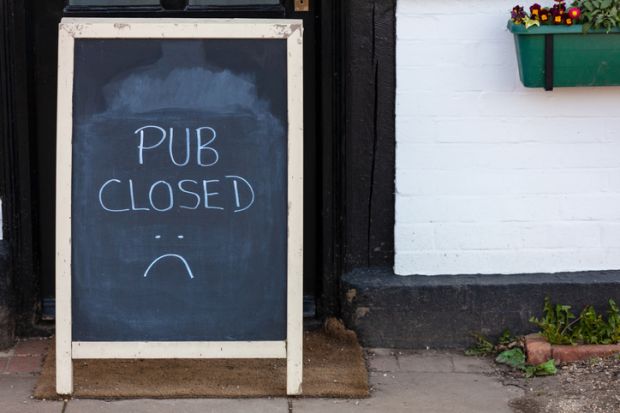点击阅读英文原文
一份新报告称,因新冠疫情进行的防疫封锁使一些学生可以花更多时间学习,这或许导致了去年英国获一等成绩学生数量的增加。
英国高等教育统计局(Higher Education Statistics Agency)的数据显示,2019/20学年里,英国有1/3以上毕业生(35%)以一等成绩获得学位,高于去年的28%。大约82%的学生获得“良好”荣誉(即first或者2:1),而上一年该数字为76%。
英国大学协会(Universities UK)和协会院校联盟(GuildHE)的简报称,上升数字背后可能有众多因素。此外,尽管许多学生认为因疫情向在线学习转变很困难,但“某些情况下有利于人们更关注独立学习和调整”。
该报告称,很多学生通常在学业之余会工作,但他们当中许多人因疫情而获得补贴休假或被裁员。同时,学生们的社交活动大幅减少。
该论文说:“疫情的一个意外后果是一些学生有更多时间专注于他们的学习。”
向在线教学的转变还为学生们提供了其他改善学习的方式。通过在线讲座,学生可以按照自己的步调和其他任务来异步学习,并可以选择重新访问课程。
报告称,这对须通勤学生、在职学生、有看护责任的学生和身心障碍学生特别有帮助。
此前,分数增长主要被归因于“无损”政策的实施,以补偿因封锁而导致的学习和评估中断。该分数政策意味着,在对毕业年学生的学位进行评估时,不得给学生比他们以前的分数更低的评分结果。
报告称,但就年终考试而言,这并不能阻止大学坚持其教育质量和标准。
例如,大学还能够改变评估的形式而非取消评估。该论文称,许多机构从总结性考试转向了形成性评估,比如课程作业和数字作品集,其好处是“专注于理解而不是记忆”。
“无损”政策也有可能影响了学生的行为,让他们有信心去放松并表现得更好。
英国大学协会和协会院校联盟写道,教育界现在必须“抓住疫情动荡期间创造的新机会,并进一步了解推动学位分类结果的各种因素”。
anna.mckie@timeshighereducation.com
本文由Liu Jing为泰晤士高等教育翻译。




